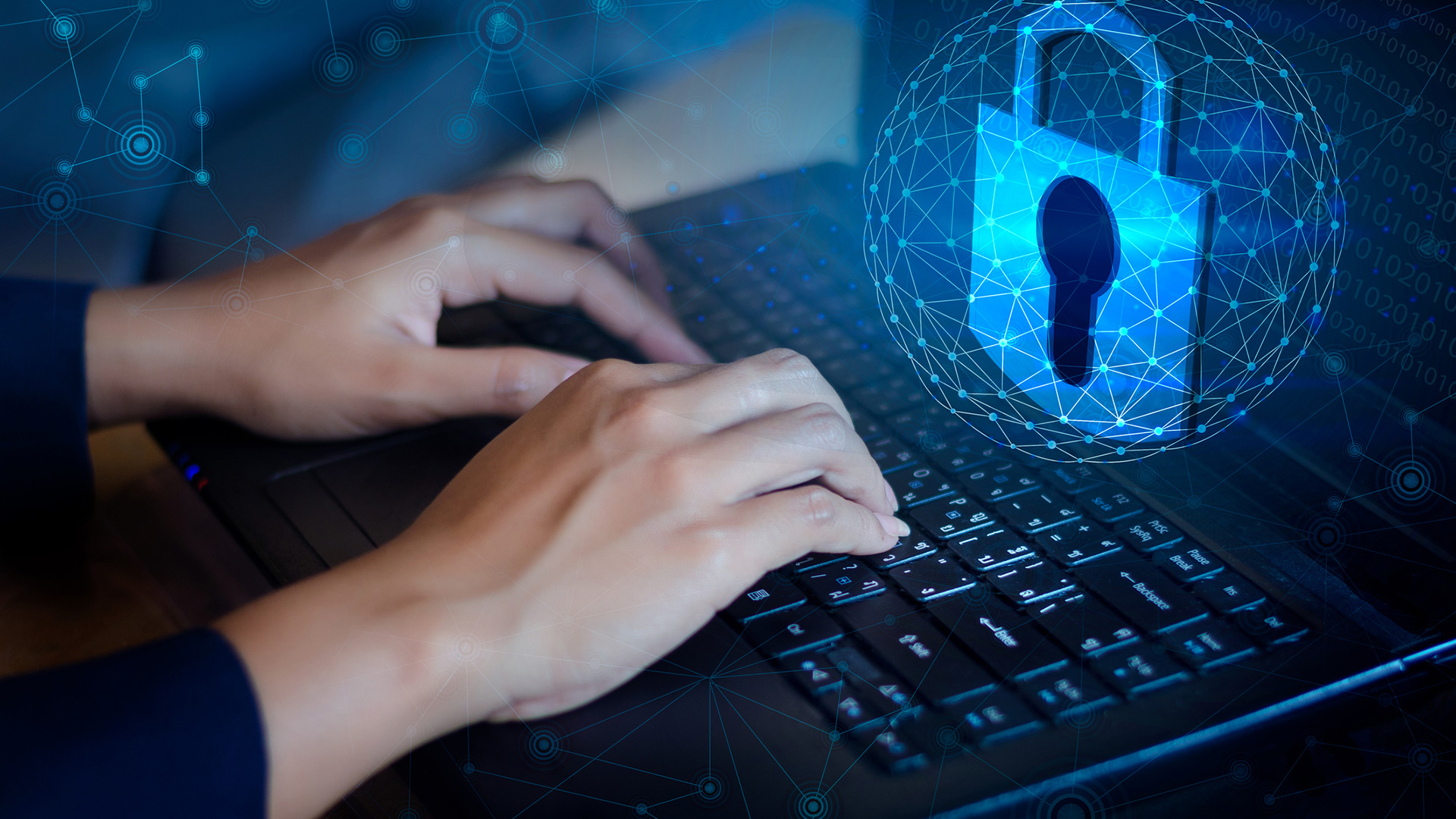Blockchain and Intellectual Property, a virtual debate about a technology that is changing reality
The Federation of Industries of the State of São Paulo (FIESP), INPI Brazil, and IP Key LA co-hosted the virtual seminar Blockchain and Intellectual Property: Protection, traceability of products and combating counterfeit. Taking into account the interrelationship of blockchain technology and intellectual property, the seminar focused particularly on the potential to improve IP protection.
FIESP’s Director of Deburocratization, Abdo Antonio Hadade, welcomed participants by mentioning that this event consolidated years of work with INPI and IP Key Latin America, ‘It is important to generate knowledge about blockchain and its advantages for business, as well as to learn best practices for industry and government entities’. Mr Hadade indicated that the biggest advantage of this technology is the network effect, involving various actors in the different validation systems.
Joachim Jakobsen, of the EU Delegation in Brazil, mentioned that blockchain, despite being a technology closely related to cryptocurrencies, is independent. ‘Understanding the potentials and limitations of this technology is very useful, because today we believe we can do everything with this technology, but eventually we will understand exactly what we are using it for and how.’
Blockchain is seen as a secure, immutable, auditable and transparent technology. Therefore, there is a lot of expectation around its potential in areas such as providing evidence of IP rights, record keeping, registering and clearing rights, keeping control and tracking the distribution or trade of rights, as well as establishing rights in contracts.
In just 11 years, blockchain has gone from being an idea initially applied to cryptocurrencies, to a highly reliable technology applied in numerous areas of administration and commerce. The EUIPO’s expert, Erling Vestergaard, explained in detail what blockchain is and how it makes it possible to share information on a network in a particularly secure way. At the same time, he warned that, ‘Just because we put something on blockchain doesn’t mean it’s right. The information must be adequate and accurate in order for it to work in the best way... We need to develop all parts of a transaction.’
Doris Thums of the European Patent Office emphasised blockchain as an evolution, but not a revolution, while explaining the requirements for patenting computer-implemented inventions related to blockchain.
Representatives from Deloitte presented case studies on the use of blockchain for intellectual property protection, in areas such as the product supply chain (Track & Trace, Certificates of Authenticity). Numerous industries - from luxury goods to automotives, to distillates, pharmaceuticals and logistics - have incorporated blockchain solutions for protecting their products.
Mr Hadade summed up the general conclusion of the seminar in the following words: ‘The possibilities are endless, especially when we think about the traceability and protection of intellectual property rights.’
